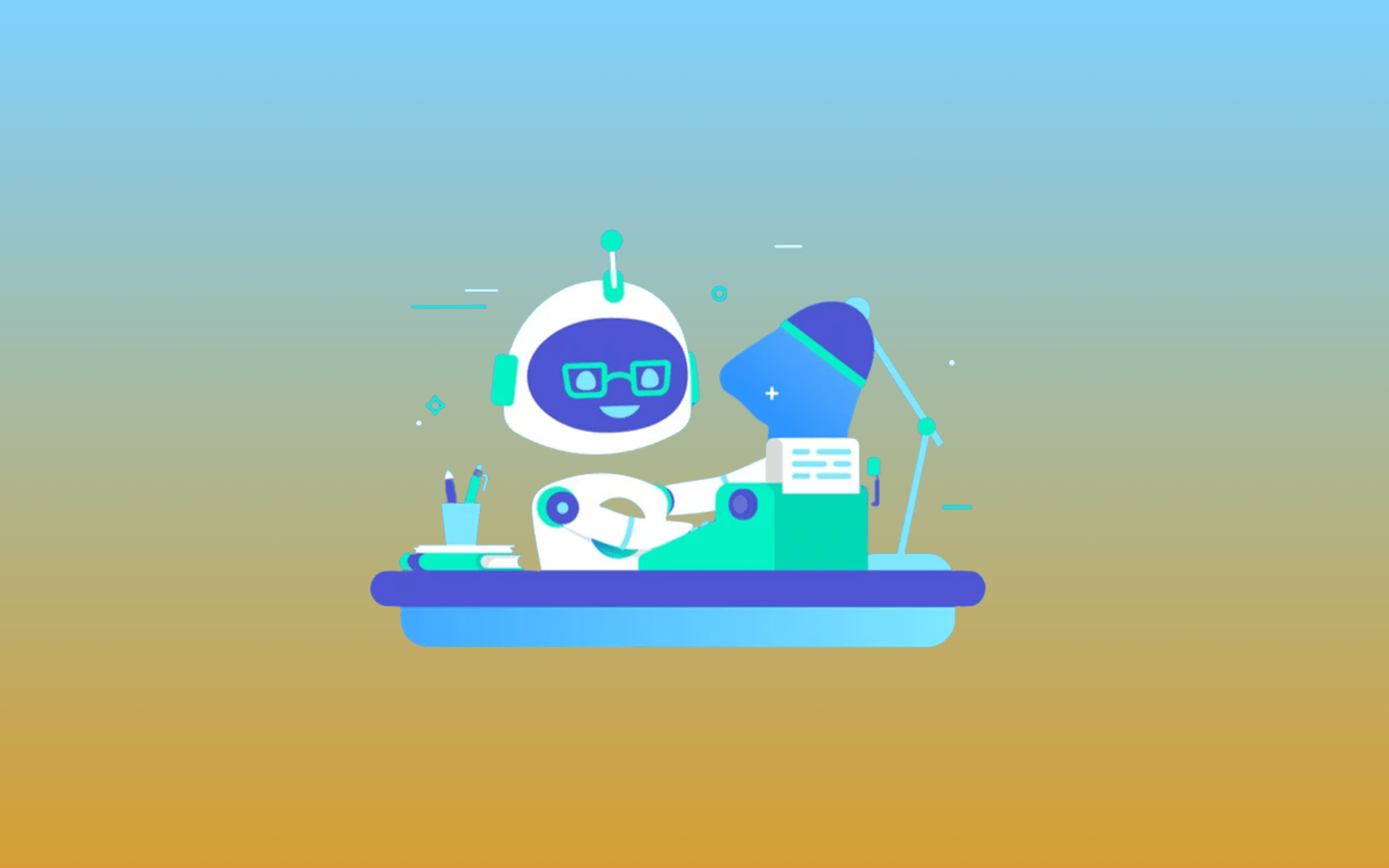The advent of artificial intelligence has reshaped many industries, and the realm of literature and book writing is no exception. But the question lingers – can AI write a book? This article will explore the potential of AI in book writing and delve into the pros and cons of employing these digital scribes.
Are there AIs that Can Write Books?

The answer is a resounding yes. AI has advanced to a point where it can produce coherent and engaging written content.
From generating poetry to composing articles, AI writing tools have showcased their potential. They analyze vast datasets, learning the nuances of language and storytelling, enabling them to create compelling narratives.
AI’s capacity to grasp diverse writing styles and tones suggests a future where entire books might be penned by algorithms, challenging the conventional roles of human writers.
Why Should You Consider Using AI for Book Writing?

As authors in this digital age, the question arises: why should one consider embracing AI in the writing process? Let’s explore the compelling reasons behind harnessing AI writing books.
- Enhanced Efficiency: An AI story writer tool can expedite the writing process, allowing authors to generate content swiftly and efficiently.
- Diverse Writing Styles: Various free AI writer tools can mimic various writing styles, enabling authors to experiment with tones and voices, enhancing the overall versatility of their work.
- In-depth Research Assistance: AI tools provide invaluable support in research, offering access to vast databases and insights, enriching the depth and authenticity of the narrative.
- Precision in Editing: Some free ai writing generator and editing tools offer meticulous proofreading and grammatical suggestions, ensuring a polished final manuscript ready for publication.
When Shouldn’t You Be Using AI for Book Writing?

While artificial intelligence (AI) presents a plethora of advantages in the realm of book writing, there are certain scenarios where its application might not be the ideal choice. Understanding the limitations of AI is crucial for authors seeking a balance between technology and human creativity.
- Complex Creativity: AI may struggle to capture the nuanced depth of highly intricate and emotionally charged narratives that require human intuition and creativity.
- Authenticity Concerns: AI lacks the genuine human touch, often missing the authentic voice that comes from personal experiences and emotions, a vital element in many literary works.
- Targeted Audience: For niche markets or specialized genres, human understanding of specific audience needs and preferences surpasses AI’s ability to cater to highly tailored reader expectations.
- Ethical Considerations: AI-generated content raises ethical questions, especially in sensitive topics, where human empathy and moral judgment are indispensable, ensuring responsible storytelling.
Top 3 AI Book Writers
Among the top contenders in the realm of AI book writing, notable platforms include:
Jasper AI

Jasper AI stands out for its intuitive interface and powerful algorithms. It offers authors a seamless writing experience, with features tailored to enhance creativity and productivity.
Sudowrite

Sudowrite excels in providing real-time writing suggestions, assisting authors in refining their work. Its ability to offer instant, context-specific recommendations enhances the quality of the writing process.
Novel AI

Novel AI focuses on diverse writing styles, allowing authors to experiment with various tones and voices. Its flexibility makes it an attractive choice for writers seeking versatility in their creative endeavors.
Conclusion: Can AI Write a Book?
The question, “Can AI write a book?” is met with a fascinating blend of possibilities and limitations. While AI continues to make strides in the realm of creative writing, the use of human emotions and experiences remains a territory uniquely navigated by human authors. As technology advances, finding the balance between human creativity and AI assistance could redefine the future of literature, creating a blend of human ingenuity and artificial intelligence.




